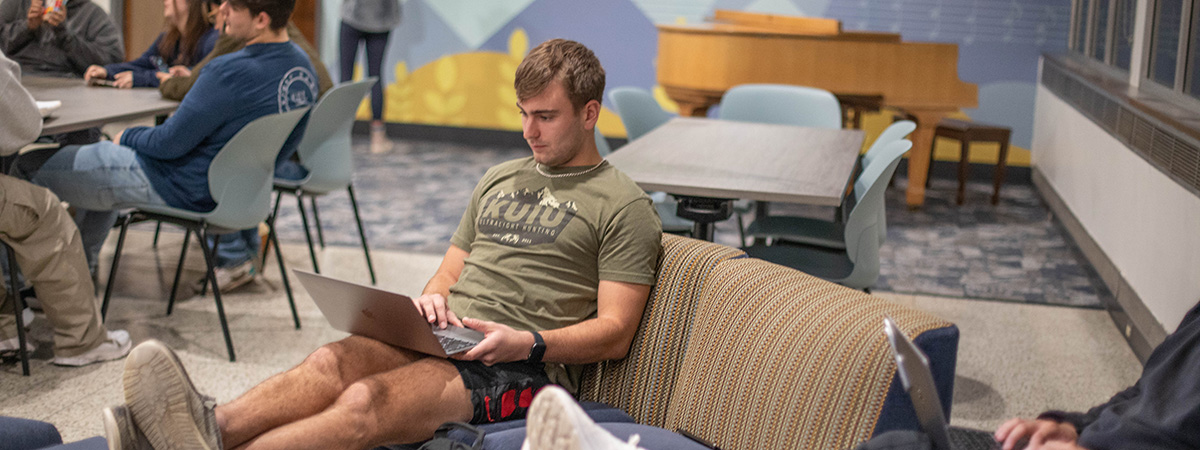
Families & Supporters
If your WSU student is involved in an incident that requires a meeting with a hearing officer, you may be wondering how best to support them. At the Center for Community Standards, our process is designed to be educational and student-centered—encouraging students to speak for themselves, reflect on their choices, and grow through the experience.
We hope students gain valuable skills in self-advocacy, professionalism, and personal accountability. Some students may welcome your support during this time, while others may prefer to navigate the process independently. Either way, your encouragement and understanding can make a meaningful difference.
What happens next?
If your Coug has received a notification from the Center for Community Standards, it likely outlines an alleged incident and invites them to participate in a meeting with a hearing officer. This process is designed to be student-centered, encouraging students to take ownership of their experience and advocate for themselves.
Because of the Family Educational Rights and Privacy Act (FERPA), WSU cannot share details about the situation without your student’s written consent. This protects their privacy and empowers them to manage the process independently. Your student may choose to involve you—or they may prefer to navigate it on their own. Either way, your support and encouragement can help them grow through the experience.
What is the process?
The hearing officer will provide a fair and respectful environment for your student. They will also offer support and resources to help your student through the process. Your student will have an opportunity to speak with the hearing officer to discuss the alleged violation(s). After speaking with your student and investigating the incident, the hearing officer will determine whether the student is responsible for the violation based on a preponderance of the evidence.
How can I help my student?
Part of your student’s experience is to make their own decisions and figure out how to navigate the consequences. You can help support your student by not jumping in to fix the problem but encouraging them to advocate for themselves.
Should I hire an attorney for my student?
The conduct process is different from the criminal justice process, so it is not necessary to hire an attorney in most situations. Students can have an advocate, advisor or friend attend the meeting, but the guest is not permitted to speak on the student’s behalf. Students can also reach out to a trained conduct advisor who understands the process and can help them manage next steps.